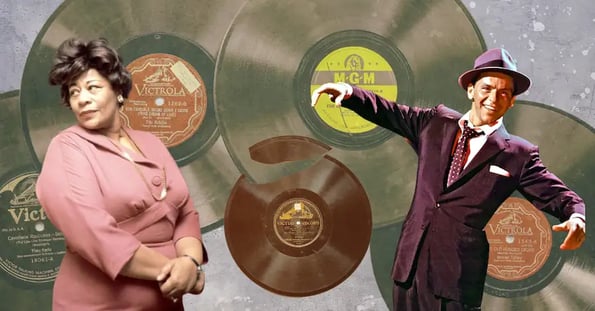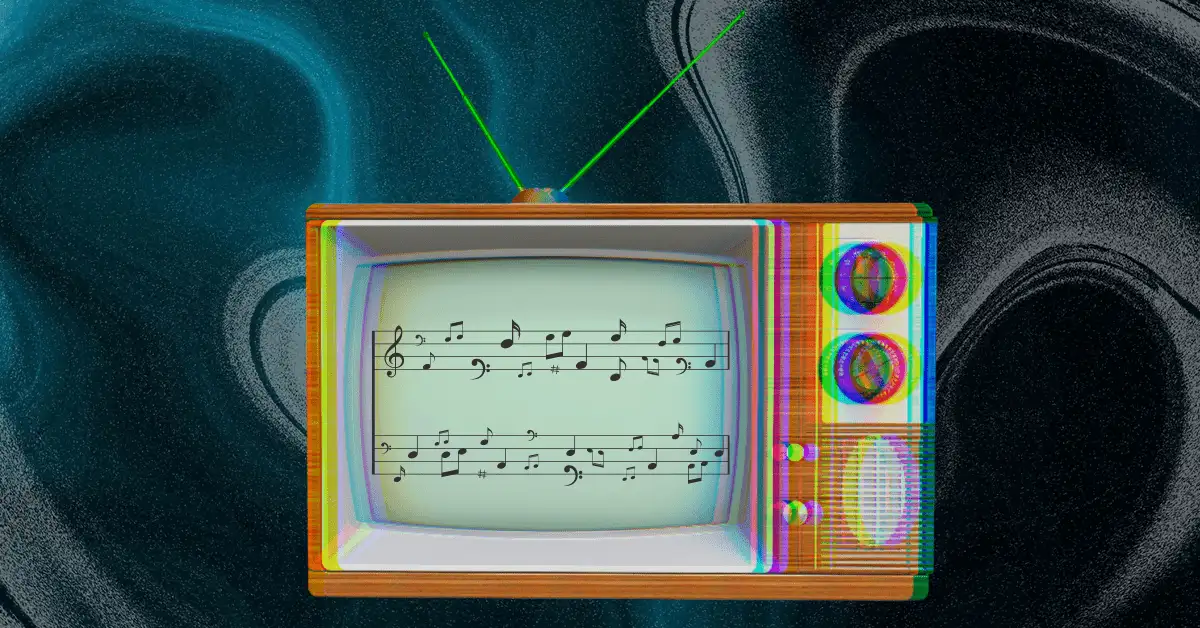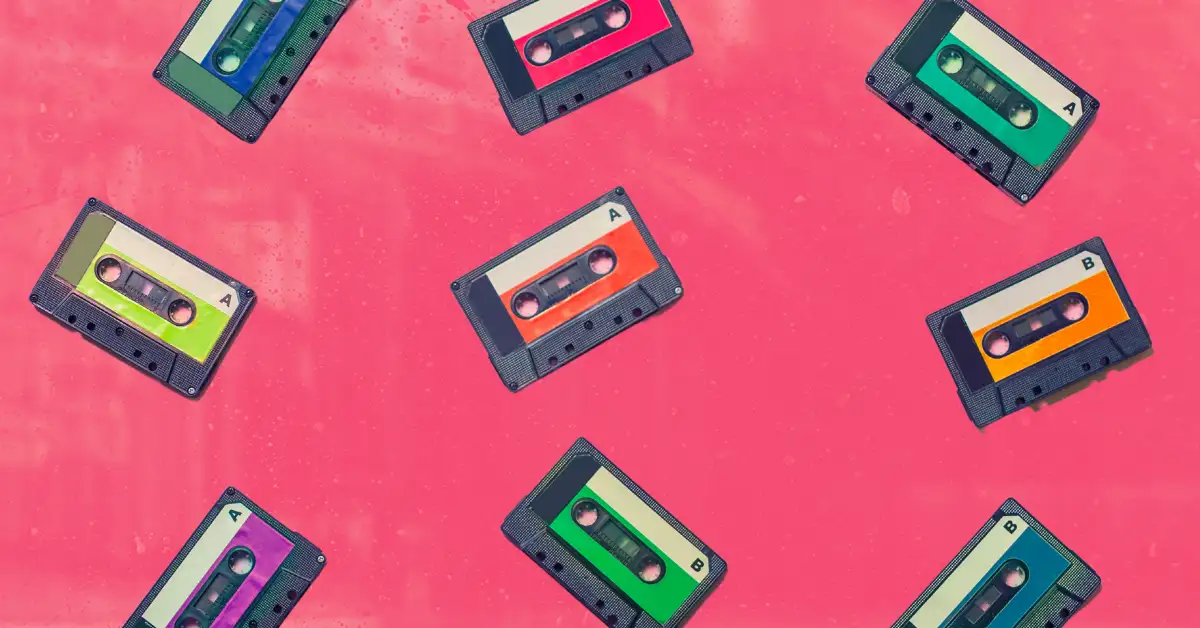Did you know shellac is a resin secreted by lac insects? I didn’t — nor did I know that in the early 20th century, 78 rpm records were made out of shellac.

The sound quality isn’t great — hisses, pops, cracks — and the records themselves are brittle.
But they’re at the center of a lawsuit pitting music publishers including Universal Music Group Recordings, Sony Music Entertainment, and Capitol Records against the Internet Archive, per Reuters.
The Great 78 Project…
… is a collection of 400k+ such records. IA uses George Blood LP, a Philadelphia-based digital archiving company, to digitize the recordings, then uploads them to its website, per Atlas Obscura.
Many recordings have already been restored or remastered on other media formats, but the project asserts:
- Digitization allows people to do research without harming the physical records
- The collection provides a reference to lesser-known music
But it’s not the unknowns…
… to which the lawsuit — which names IA, its founder Brewster Kahle, and George Blood — objects.
It objects to 2,749 copyrighted recordings from the likes of Frank Sinatra, Ella Fitzgerald, and Duke Ellington that it alleges IA has digitized, uploaded, and distributed without permission, resulting in ~$412m (or $150k per song) in damages from copyright infringement. It also argues:
- Making the recordings freely available exceeds the purposes of preservation and research
- These songs are available to stream or download elsewhere and “face no danger of being lost, forgotten, or destroyed”
This isn’t IA’s first rodeo
IA sees itself as a nonprofit library that makes culture and knowledge freely available to anyone with internet access; this often pits it against corporations that want to make money off said culture.
- Case in point: IA’s ongoing litigation with book publishers over its attempt to distribute free ebooks, sans waitlist, amid the pandemic.
Free access vs. copyright law is likely to be an ongoing factor in these cases, but also in the numerous AI claims popping up in which copyright holders allege AI used their work to train.
Not fun fact: In 2008, the fire on Universal Studios Hollywood’s backlot did destroy a collection of UMG-owned, one-of-a-kind masters.










